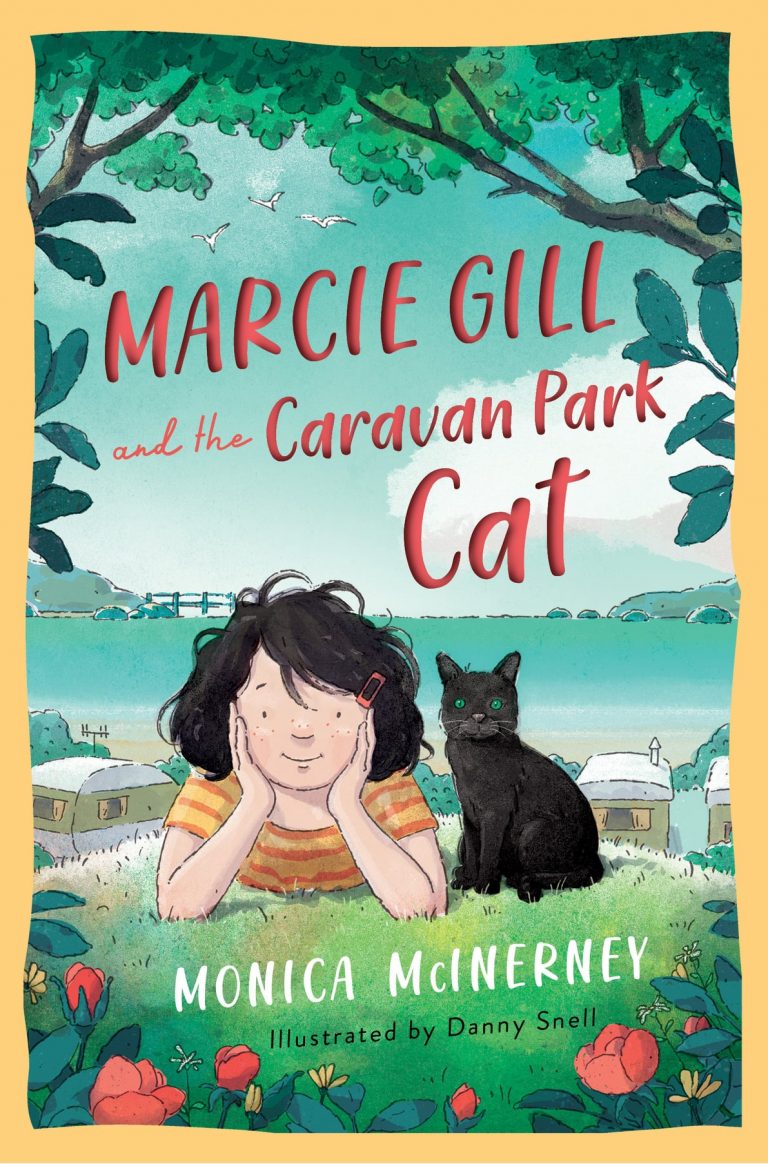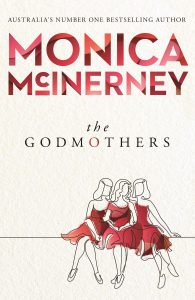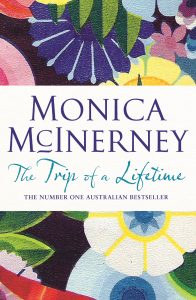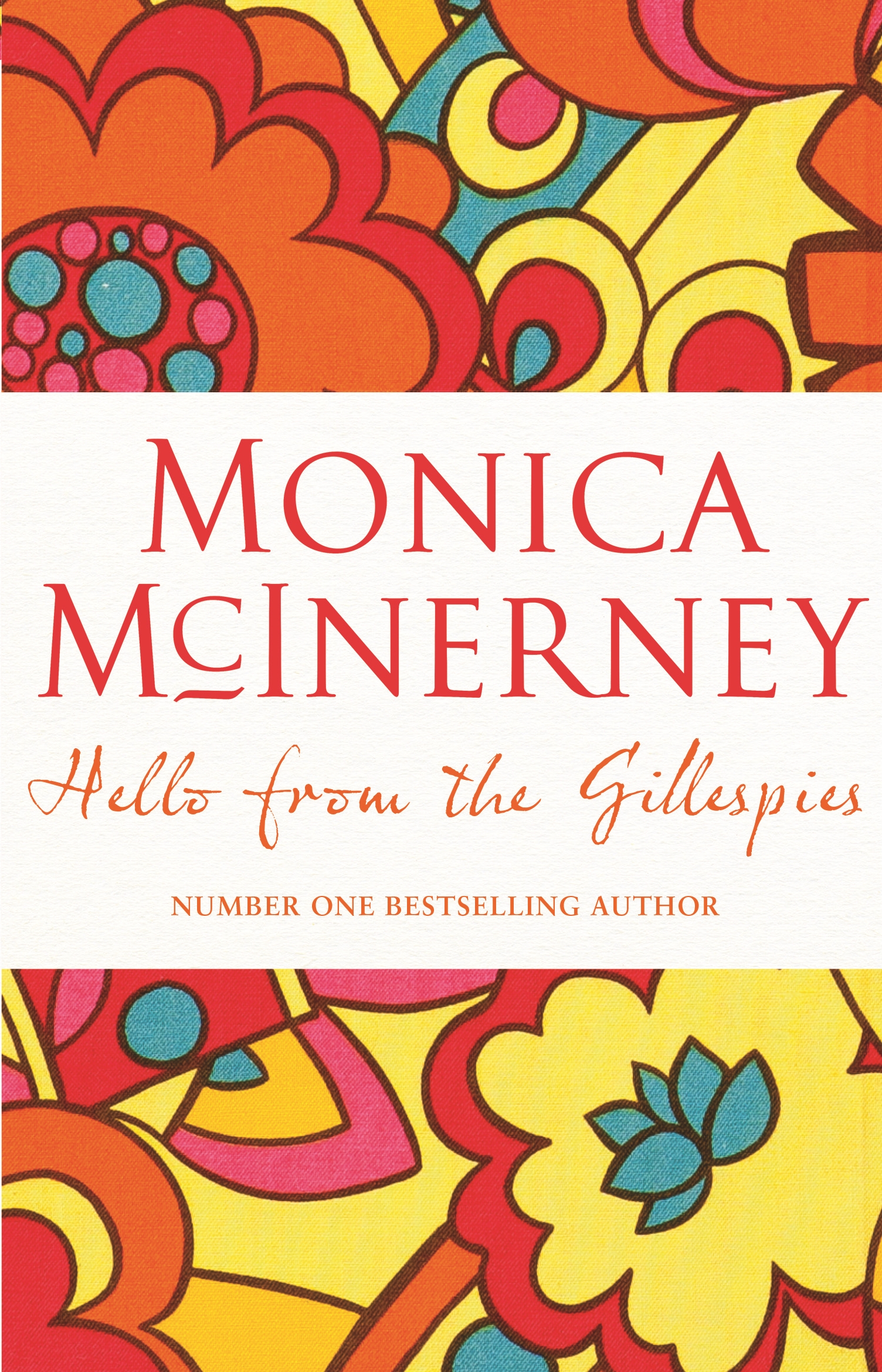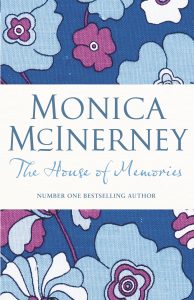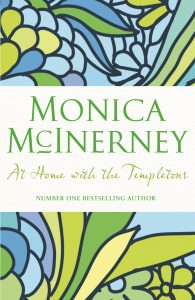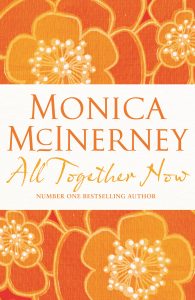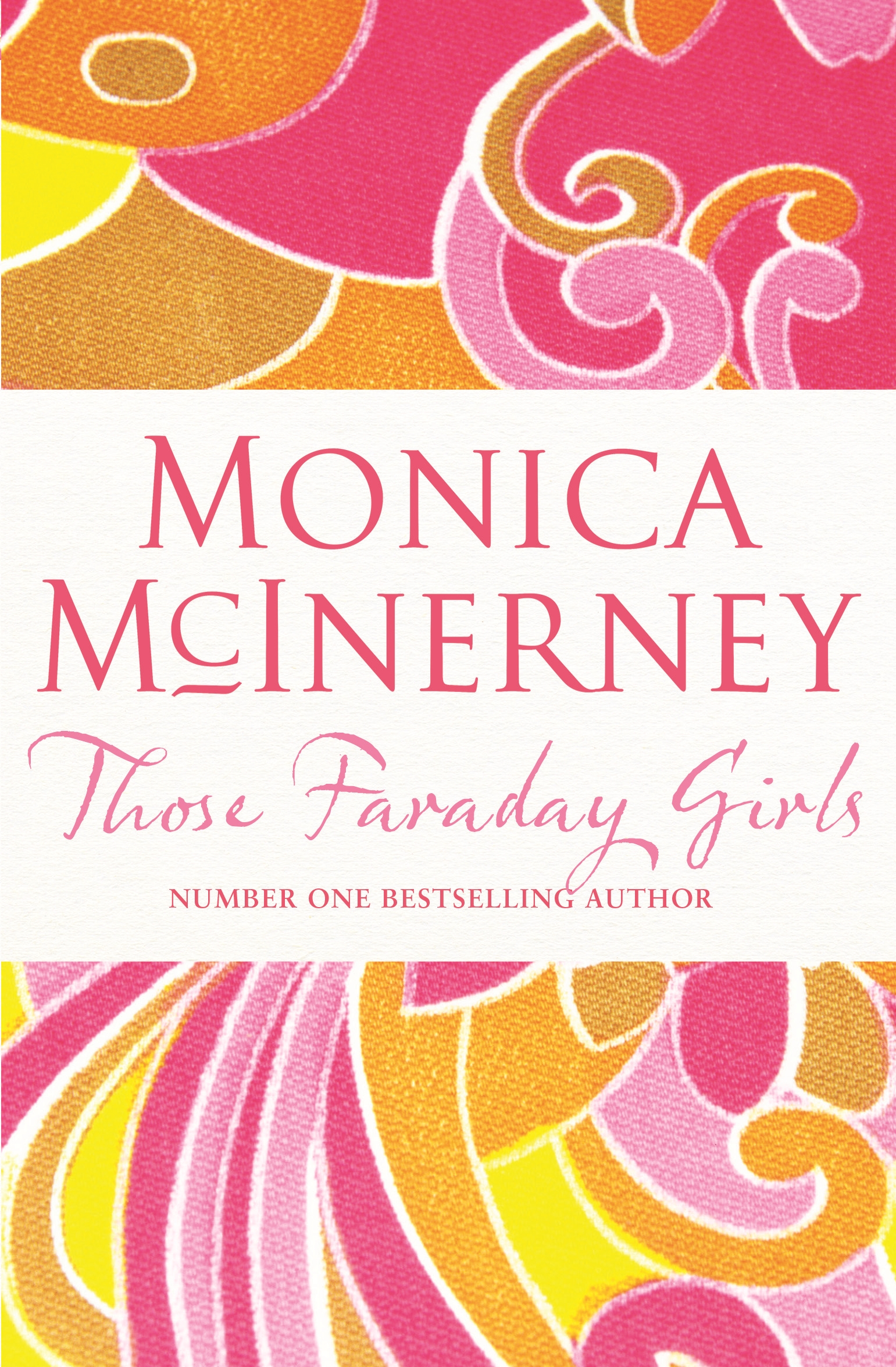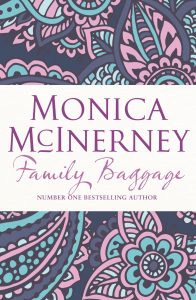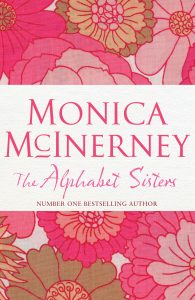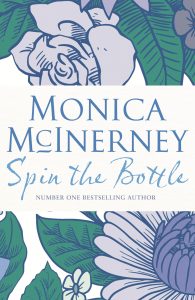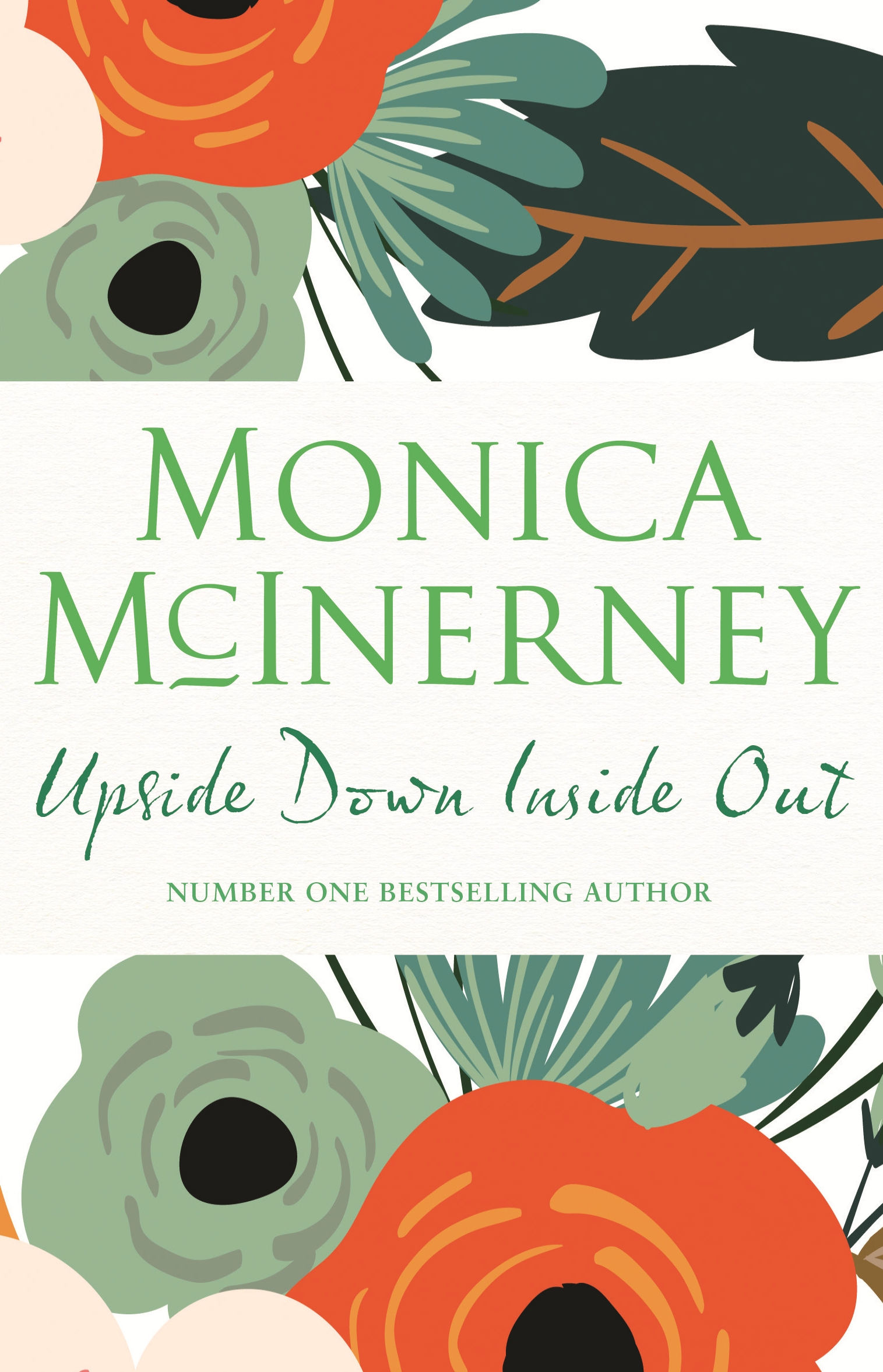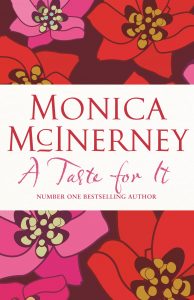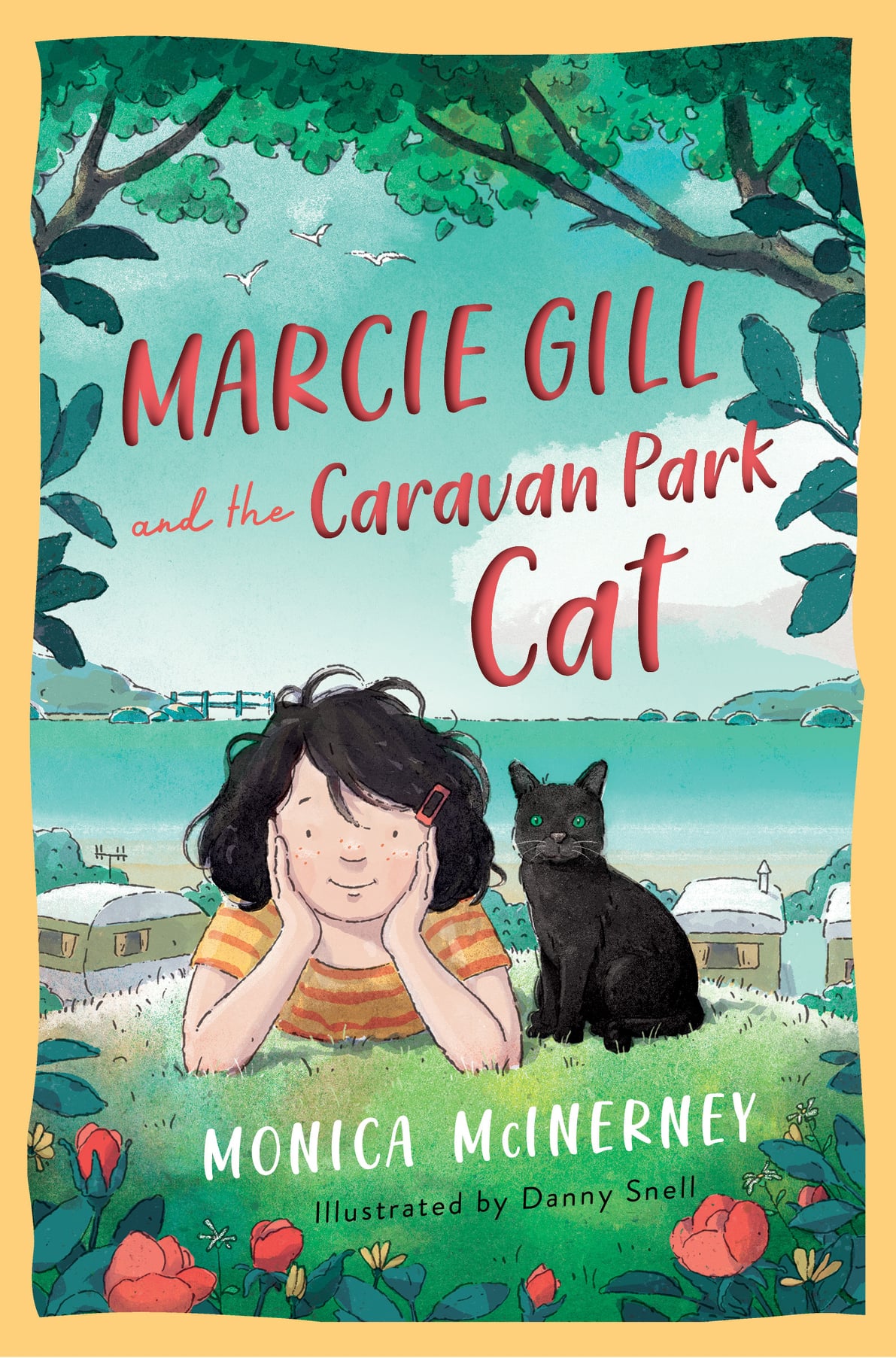The Consolations of Cooking
I have a friend who goes running when she is feeling down. Another takes a long bath. Another reorganises her linen cupboard. I cook soup. Great big pots of it, made from scratch, using all the vegetables I can lay my hands on.
Somewhere midway through the cooking process, I always start to feel better, happier, more optimistic. All that washing and peeling of carrots, parsnips, celery and onion has a hypnotic effect on me. The more I chop and the higher the heap of diced vegetables grows, the better my temper becomes. The smell and sound of the sizzling onion drives away gloomy thoughts. As the flavours start to mingle and the stock starts to bubble, I feel my own mood lift. By the time the soup is ready to eat, I’m a different woman.
I’m tired of thinking of food as the enemy. It’s time to reclaim the kitchen as a good place to be, not a battleground of temptation. Cooking is and should be one of the simplest pleasures of life, as nourishing to the spirit as it is to the body. I’ve had my own battles over the year with my weight, wanting to be thinner, trying different diets, veering between what I’d like to eat and what I think I should – or shouldn’t – eat. Dieticians tell us we should eat consciously – be aware of each mouthful, give our brains time to register that our bodies are full. I’m taking it one step further – I’ve decided to cook consciously as well.
I’m not new to the kitchen. I’ve been an enthusiastic cook since I was a child, a lifelong love affair with food and cookbooks sparked when I borrowed a picture book from the school library as a seven year old. It was the tale of a little girl searching for the ideal birthday present for her mother. The story ended with mother and daughter blowing out the candles of a homemade birthday cake – with the recipe printed there beside it. I made that cake with my mother the day I finished reading the book. I can still recall my amazement that following those simple steps and mixing those few ingredients could produce something so delicious. It seemed like magic.
The year I turned 12, my mother went back to work and I cheerfully stepped in as family cook several nights a week. In retrospect, I took it too far. I set the table with linen and candles, presented my parents and six siblings with handwritten menus and three course meals, or more inappropriately, rich beef casseroles and steaming golden syrup dumpling puddings in the middle of South Australian heatwaves.
Back then, there was never any talk of calories. I wasn’t body conscious. I swam so often, walked to school, played netball – anything I ate was burned off – so fortunately I grew up to love food, the cooking and the eating, without the guilt that would hit me in my twenties, and stay with me in my thirties. During those two decades it felt as though there was a constant soundtrack playing in my head: ‘Should you eat that?’ ‘Think of the calories.’ ‘That’s bad for you.’
Now in my early forties, I’ve come to my senses in more ways than one. Planning and preparing meals for myself, my husband, our friends and families has once again become one of the greatest pleasures of my life. I’ve reconciled myself to the fact I will never be a size 12 and discovered something called moderation. If I walk for an hour several times a week, I don’t have to say farewell to good food to stay healthy. I can have my cookbooks and eat well too.
Best of all, I’ve re-discovered the magic of cooking. Not just the science and alchemy of following recipes, but the trickery of turning a list of ingredients into a creation that not just looks great but tastes fantastic. I’ve also reminded myself how much fun it is to chop and blend and mix and fry. Not every meal, of course. I am no saint – sometimes meals are hurriedly assembled and just as hastily eaten – but when I concentrate, when I try to be that conscious cook, all five of my senses get a workout even before a meal has reached the table.
I love the sound of the knife chopping vegetables, the squelch of the garlic as it’s crushed, the sizzle of butter in the pan. The slow arrival of rich and fragrant aromas as stock begins to simmer, soup to bubble, casseroles to cook. The comforting sight of a chicken roasting in the oven. The tilt and tip of a frying pan as the pancake batter spreads. The little puffs of flour as scones are pressed out of just-kneaded dough. The tangy scents of garlic, ginger, coriander and basil alongside a stir-fried rainbow of red peppers, white onions and green bok choy.
There’s a clearly defined beginning, middle and end to cooking that gives me true satisfaction too. I’m currently working on a new novel, sitting at my desk from morning till night, but the fruits of my imagination are not always obvious. At the end of some days, I might have 200 new words on my computer screen, or I may have gone backwards and deleted 2000. The story will come together in the end. I trust in the writing process enough to know that, but in the meantime it’s the preparation of the evening meal that gives me my longed-for sense of daily achievement. I love that switch from an imaginative life without limits to a practical one with clear boundaries. When it comes to cooking and eating, the results are immediate: you prepare it, you eat it, it’s finished. My mind happily moves from dwelling on fictional people and stories to the straightforward tasks of leafing through cookbooks, making shopping lists of ingredients, turning recipes into dinner.
Not surprisingly, sometimes my food and fiction overlap. Nearly all my novels feature a food theme or a restaurant setting of some sort – a winery cafe in A Taste for It serving tangy yoghurt chicken with roasted capsicum and garlic and zesty fruit sorbet with poached nectarines; a Dublin delicatessen in Upside Down Inside Out with a front window display of shiny purple aubergines, bright red chillies and plump heads of garlic, surrounded by long elegant bottles of olive oil. Juliet, one of the five sisters in Those Faraday Girls, graduates from cooking elaborate meals for her family as a young woman to running a chain of cafes as an adult. In years to come, I’ll just need to re-read my novels to recall what my favourite recipes were at the time: grilled plump sardines with a salsa of ripe tomatoes, pine nuts and currants; steamed salmon in black bean sauce or perhaps spicy walnut and fig pudding with rich vanilla ice-cream.
I’m passing on my love of cooking as best I can in real-life too. Here in our inner city Dublin street we have regular visits from two young brothers, aged ten and eight. I take them to the cinema occasionally and once while buying popcorn, shook my head at the price and said something about making it at home myself next time. “You can’t make popcorn,” one of them said, “you can only get it at the cinema.” The next time they called to our house, out came the saucepan, the oil and the corn. I can still remember their shrieks of excitement as the kernels started to pop against the glass lid of the saucepan. One of them began to jump up and down as the corn really started popping, his whoops as loud as the noise of the corn. The next day there was a knock at the door – the two boys with two friends. “Can you show them that popcorn?” Since then, we’ve cooked chocolate chip cookies, mini-pizzas, cupcakes, shepherd’s pie, birthday cakes and one memorable afternoon, gingerbread men. At the start there were just the two brothers; by the time we finished, there were eight boys, all covered in flour, pressing out shapes, impatiently peering through the oven door and shouting at the biscuits to hurry up and cook.
I’m not naive enough to think that these inner city boys will all become Jamie Olivers or Gordon Ramsays in years to come. When asked, all of them still say their favourite food is burgers and chips. But I’m glad they’ve all seen what can happen when you mix a few ingredients together; that cake doesn’t always come from a packet and that scrunched up biscuits taste as good as – usually even better than – smooth store-bought ones.
They’re not the only ones learning in the kitchen. Cooking with children has taught me patience, forced me to slow down and pay attention to each step, not to worry if an egg gets broken on the floor, if a biscuit is a funny shape or a cake has a big dip in the middle. It’s helped me remember that something doesn’t have to look perfect to still taste good, or be good for you. That sometimes the tasks that take the longest are the ones that bring the most reward. That the simplest of dishes is often the most delicious. That a bit of cake now and again doesn’t do anyone any harm. And most of all, that food and cooking should be and can be a pleasure, not a punishment, in our lives.
(Published in Notebook magazine, Australia 2009)
(Copyright Monica McInerney 2014)
